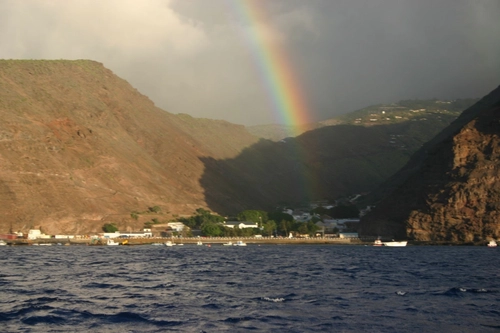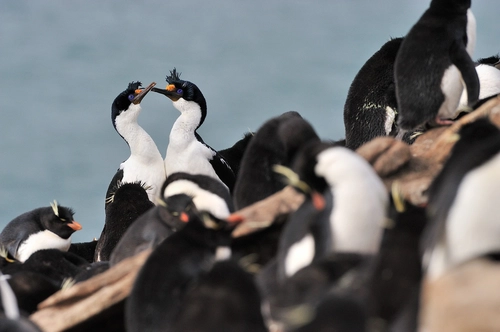“We had seen God in his splendors, heard the text that Nature renders.” ~Ernest Shackleton
As such quotes illustrate, we like to emphasize the expedition aspect of our voyages.
Our trips, after all, touch on much of the same ground the giants of polar history explored, endured, and (to a lesser degree) enjoyed during their historic expeditions, most of which describe acts of such superhuman resolve they almost defy belief.
Though not necessarily hoping for a bear attack or Antarctic capsize, many of our passengers are nonetheless eager to add some small measure of polar adventure to their lives.
Here’s one of the best ways to do it…
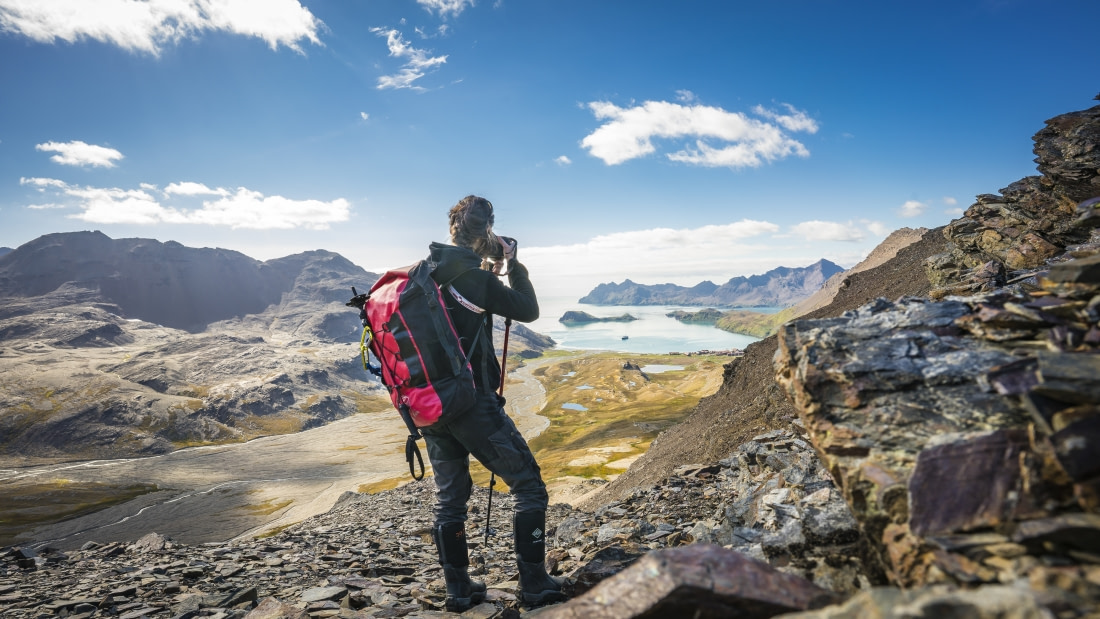
Just over a century ago, one of the legends of polar exploration hiked across a range of South Georgia mountains to bring help to his stranded crew, and that was after sailing 830 miles (1,336 km) of frigid Antarctic water in little better than a rowboat.
The polar explorer in question, none other than Ernest Shackleton. And his roughly (and we do mean roughly) 22-mile (35 km) route is now a popular path for Antarctic travelers.
A path that, on select Antarctica trips, we offer in its shortest and easiest version.
So if you’re among those thirsty for a digestible dose of the expedition experience, we let you walk in Shackleton’s footsteps without having to walk in his shoes.
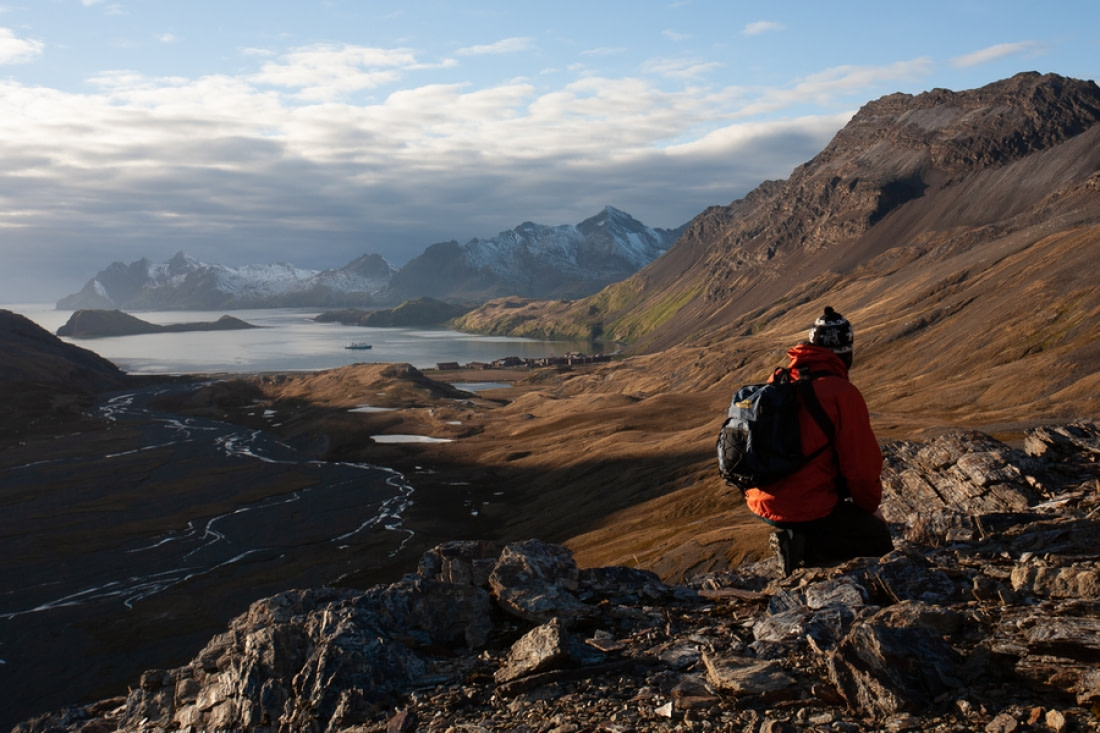
The Shackleton hike: historic pains, modern pleasures
“We were helpless intruders in a strange world, our lives dependent upon the play of grim elementary forces that made a mock of our puny efforts.”
Few survival stories compete with the final stages of Shackleton’s Imperial Trans-Antarctic Expedition of 1914 – 17.
Even the against-all-odds scenarios in otherworldly fantasies like Star Wars or Lord of the Rings tend to take on the plastic sheen of theme park rides when set against the gritty, frost-gnawed, edge-of-cannibalism adventures Shackleton and his men faced.
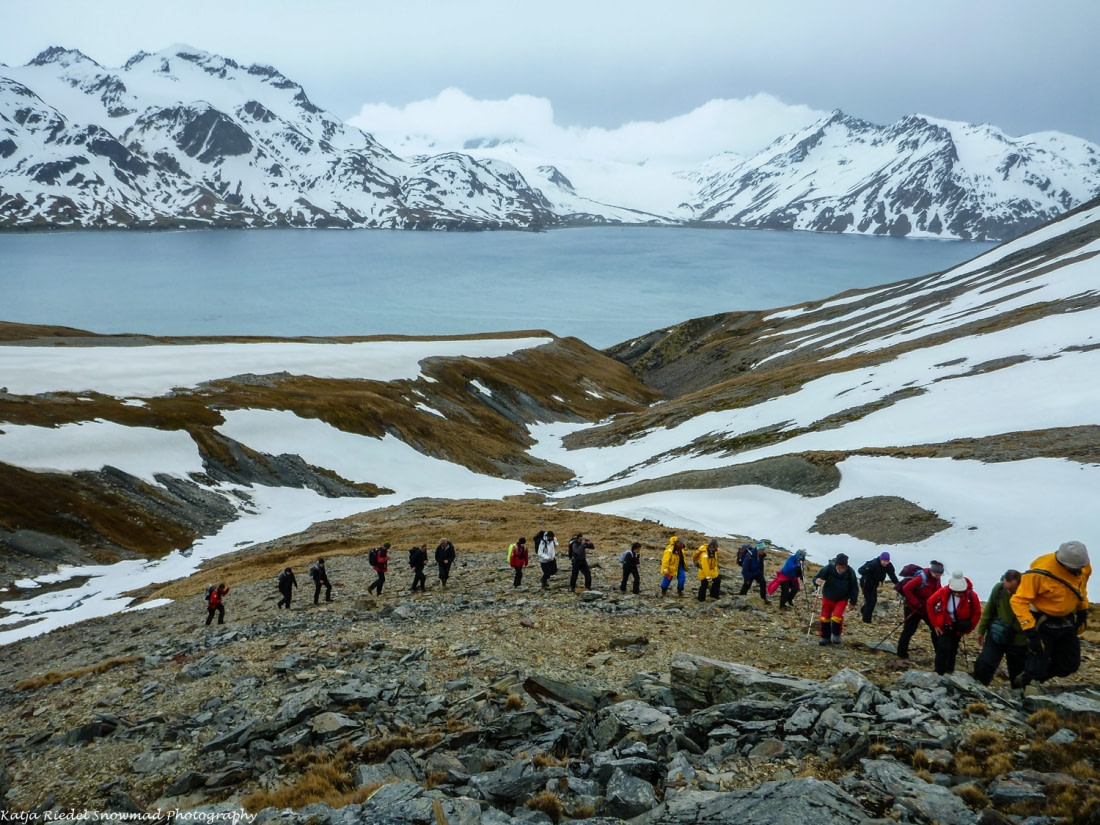
Thankfully, our hike takes the less-is-more philosophy when it comes to retracing his steps.
The full Shackleton traverse, which we do not offer, runs from King Haakon Bay on South Georgia’s southern coast to the ruined whaling station of Stromness on the north.
Our hiking groups, however, do only 3.7 miles (6 km) of this route, still ending at Stromness but starting instead at Fortuna Bay, just west of the whaling station.
This cuts the route down to less than a fifth, taking out the more precipitous portions.
But does this take out the best parts as well? Not nearly.
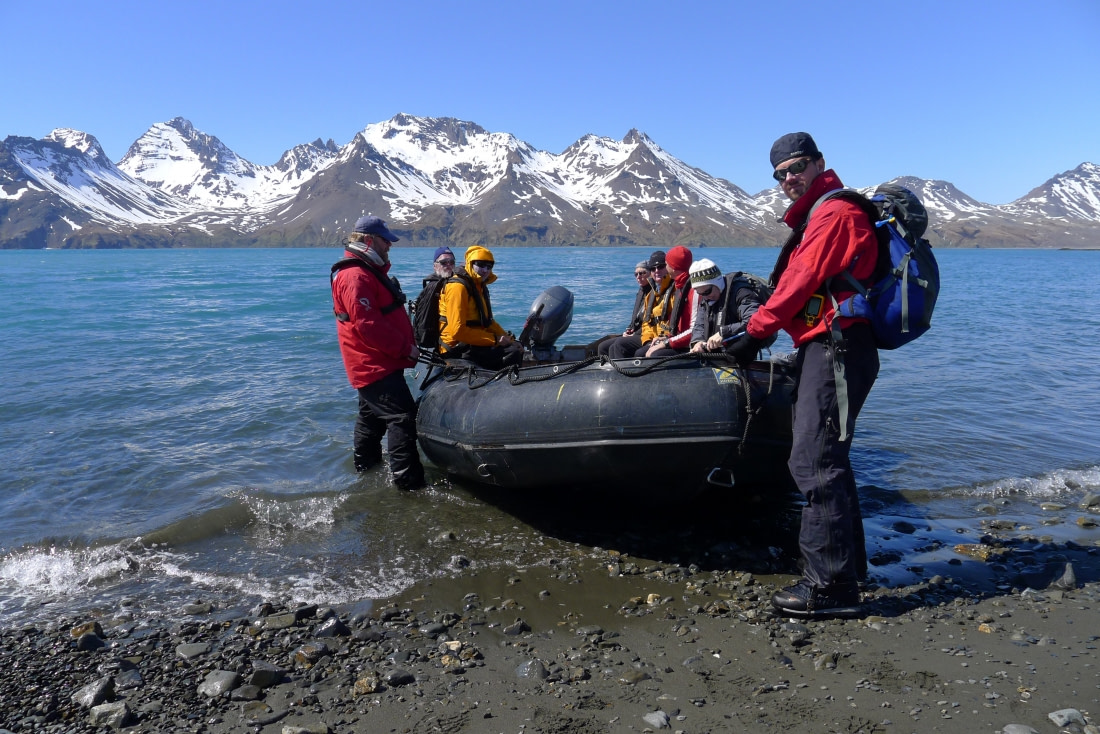
Our hikers still enjoy some of the route’s key sights, such as Shackleton’s Waterfall, Crean Lake, many of the best glaciers and slopes on South Georgia, and Stromness itself.
You may even enjoy a landing at Grytviken, where Shackleton’s grave lies and where the ashes of his closest travel companion, Frank Wild, were scattered in 2011, 72 years after Wild’s death - longer than the man’s actual life.
The typical schedule for the hike, weather and ice conditions permitting, is to bring you to Fortuna Bay after breakfast and hike the route to Stromness by lunchtime.
But there are a few details to keep in mind before deciding on this hike.
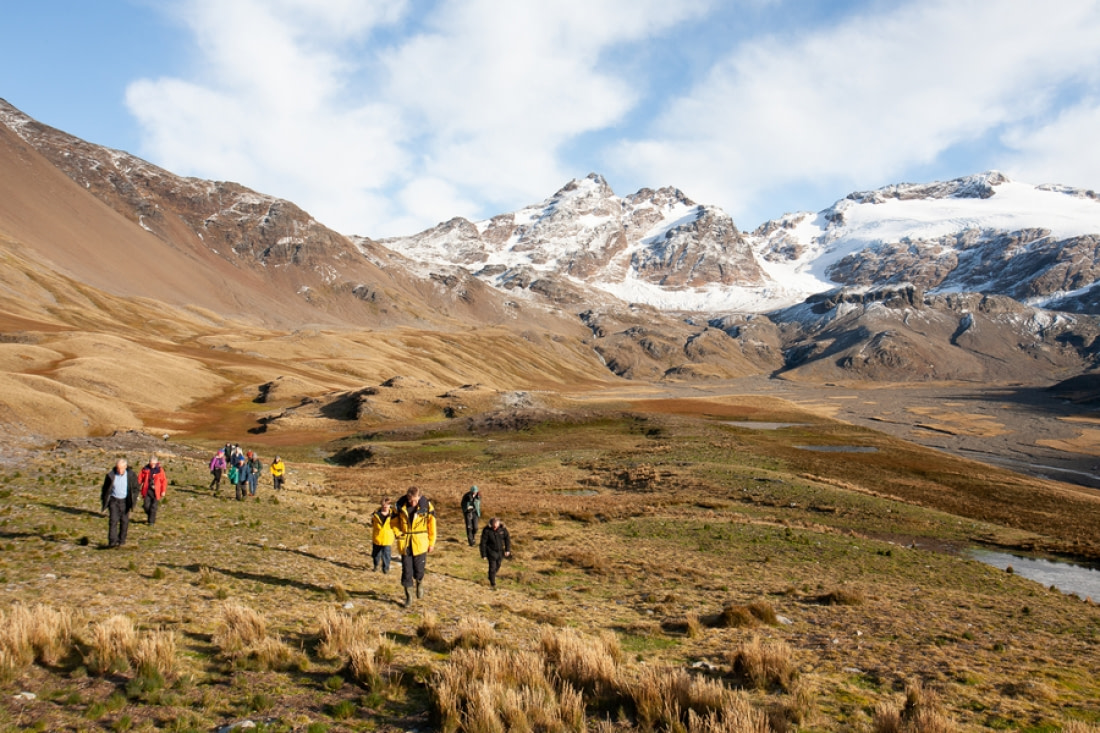
What to consider before making the Shackleton hike
“Difficulties are just things to overcome, after all.”
Even more so than in the Arctic, our ability to hike in Antarctica depends on reasonable weather, safe ice conditions, and the continent’s strict environmental regulations.
If these requirements aren’t met, we have no choice but to make alternate plans.
Antarctic regulations, per the Antarctic Treaty and IAATO, forbid us from eating snacks on shore, for example, so all waste must be returned to the ship.
This means toilet visits on land are not allowed, so we suggest hikers bring a “pee-bottle,” usually any large-mouth bottle that can be purchased at most outdoor stores.
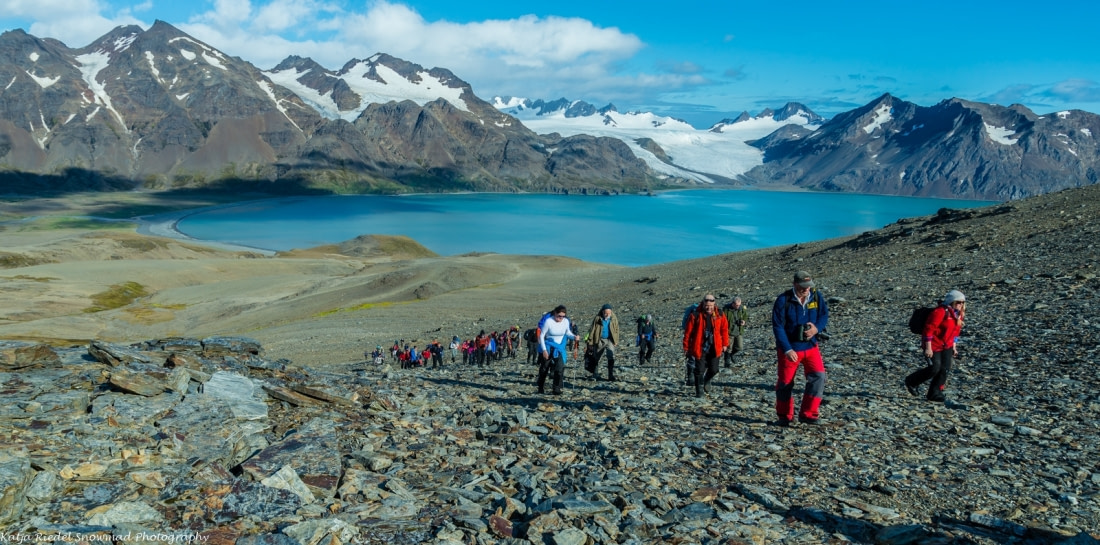
Though full hiking details are not covered in this article, here are a few major tips that will make your Shackleton hike more enjoyable.
Bring thin under-socks to prevent blisters, breathable but waterproof hiking pants and jacket, proper ankle-high boots, an additional one-liter water bottle (and try not to confuse this with your pee bottle), good sunglasses, and strong sunblock.
Cotton clothing is not advisable, as it tends to get wet and stay wet in the cold.
In the early season, snow may be present in South Georgia, but this is almost never an issue during our Shackleton hikes.
Still, as a common rule of thumb, make sure you pack for the worst possible weather. Conditions can change as rapidly in the sub-Antarctic as in Antarctica.
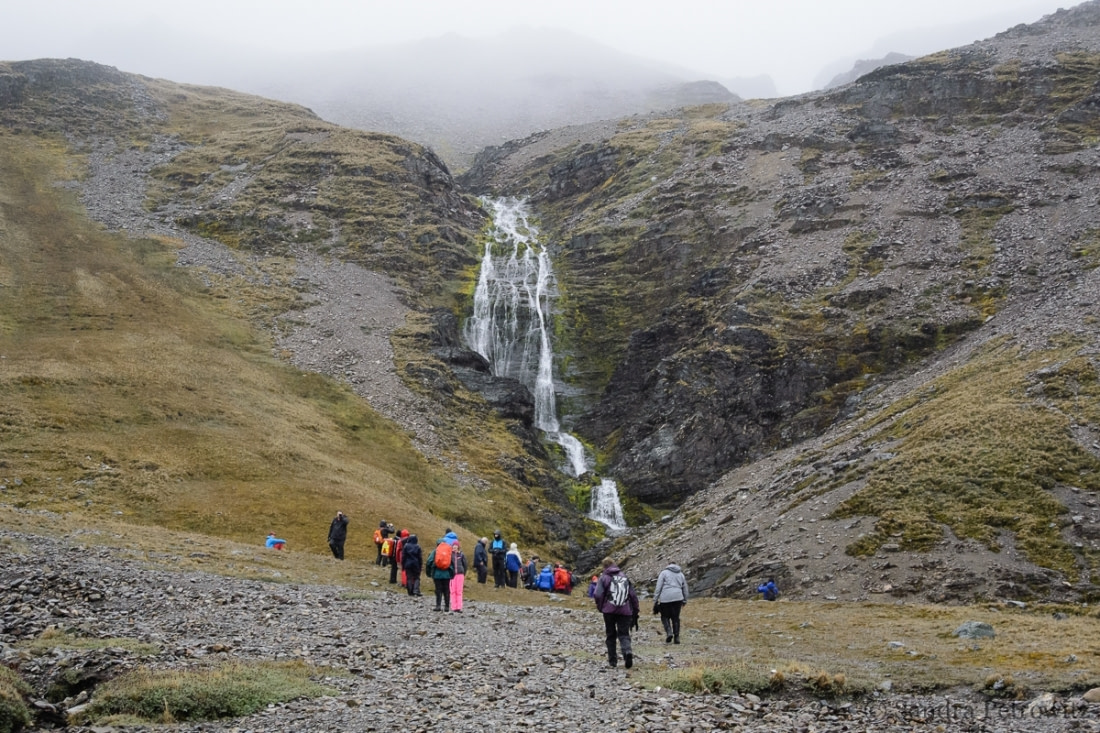
Lastly, all passengers who choose to hike will do so in a group of up to 100 people accompanied by several expedition guides. You can stay on board if you’d like, but for safety reasons we cannot allow passengers to wander on land without a guide.
Passengers who stay on board will take the ship to Stromness for a regular landing, enjoying all the stunning sub-Antarctic sights until the hikers arrive.
Meanwhile, those who opt to hike need mainly to observe the basics to have an unforgettable Antarctic experience.
Our route is a common hit, a great way to enjoy the pleasanter side of Shackleton’s ill-fated but adventurous expedition, and it’s sure to enliven the explorer in you too.
“In memories we were rich. We had pierced the veneer of outside things. We had suffered, starved, and triumphed, groveled down yet grasped at glory, grown bigger in the bigness of the whole.”
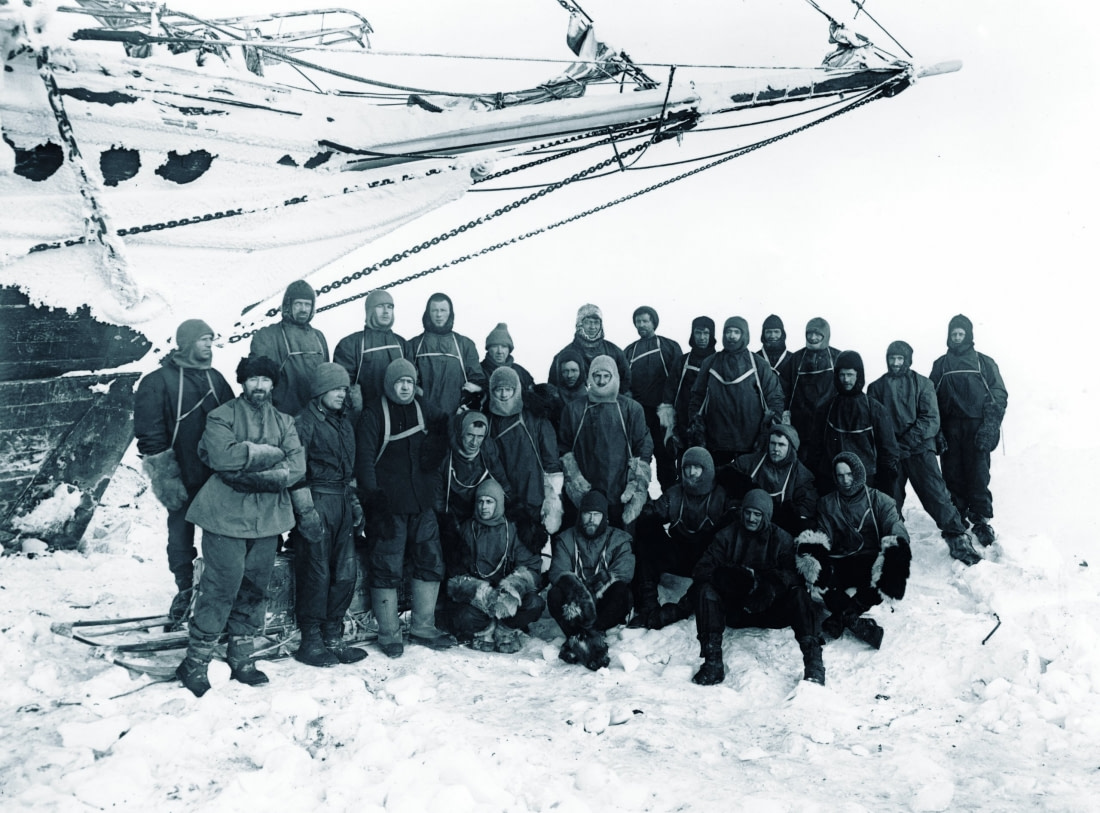
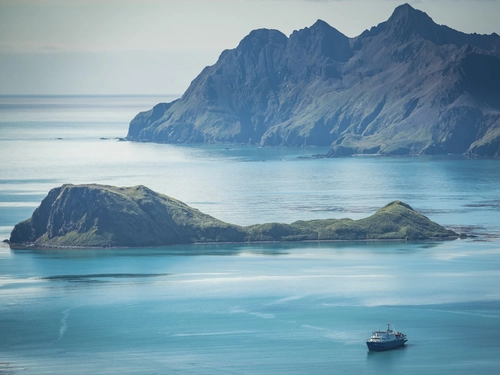


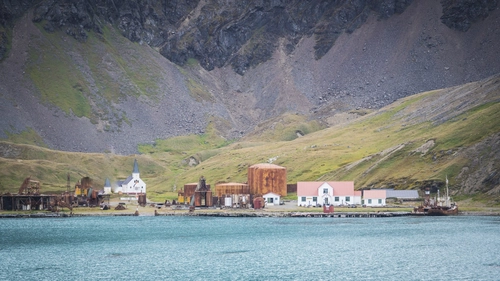

Related Trips
Blog


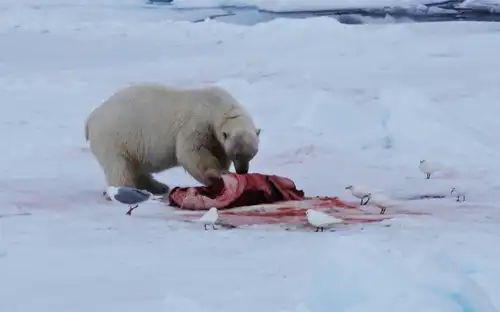
“The polar bear will still be there”
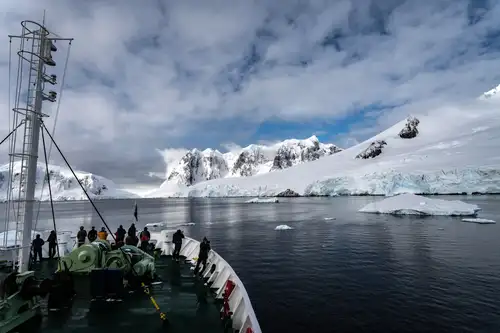
12 Things to Do in Antarctica

Six Must-See Svalbard Sites
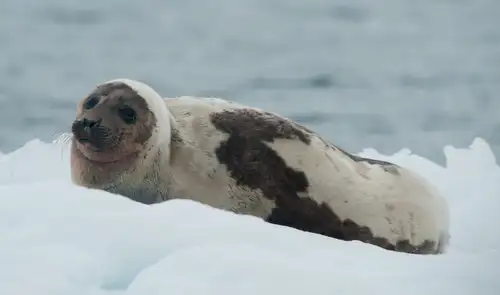
Harp seals harping on in Greenland
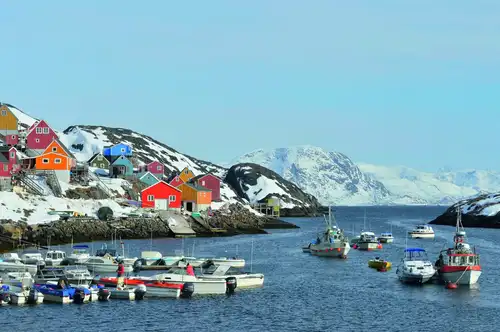
Amazing Greenland
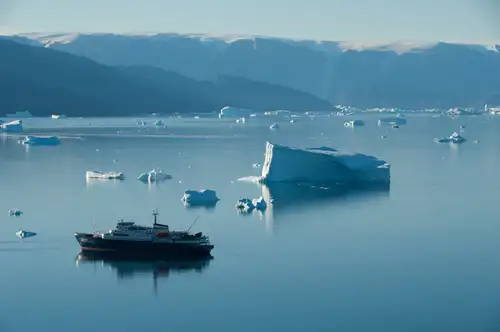
10 Common Misconceptions About the Arctic

Seven Frightfully Fun Polar Ghost Stories
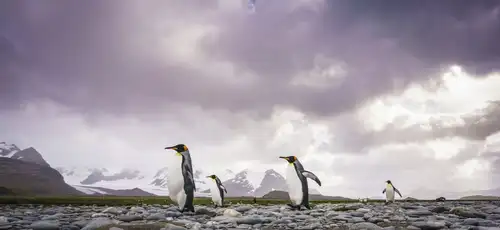
Penguins, Albatrosses, Petrels: The Winged Wildlife of South Georgia
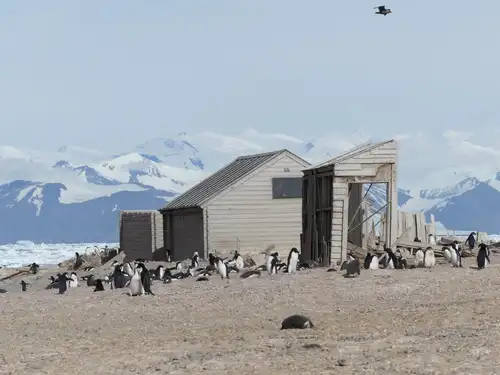
The First Buildings in Antarctica: Borchgrevink’s Historic Huts
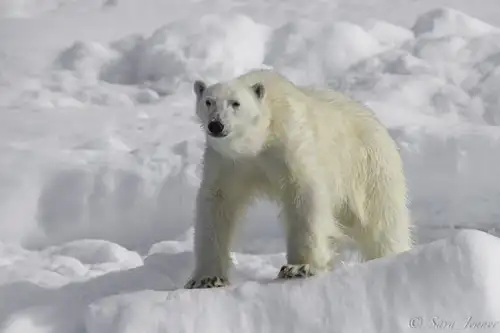
International Polar Bear Day

The Ice-Jewelled Geology of Spitsbergen
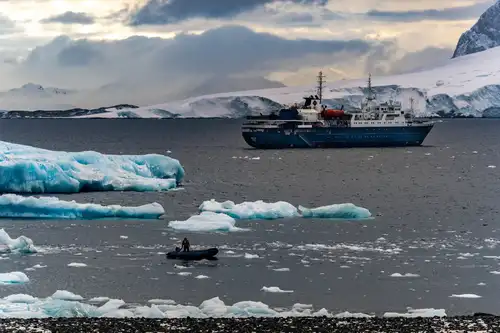
The Seasons of Antarctica: When to Visit and Why
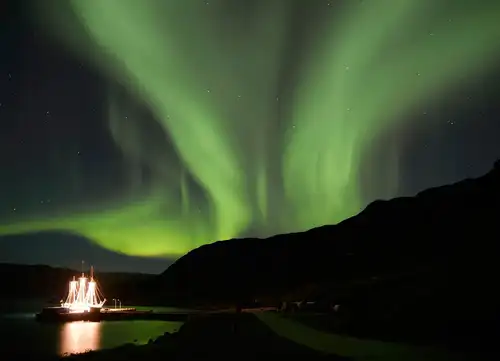
North Norway, Northern Lights, and All the Pretty Whales
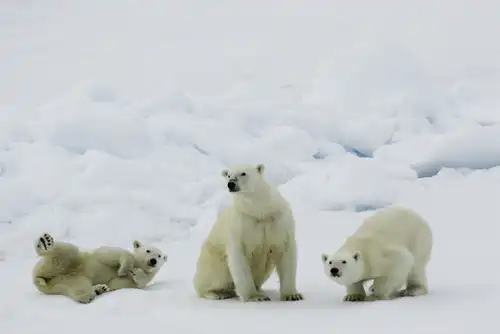
Polar bear encounter in Spitsbergen
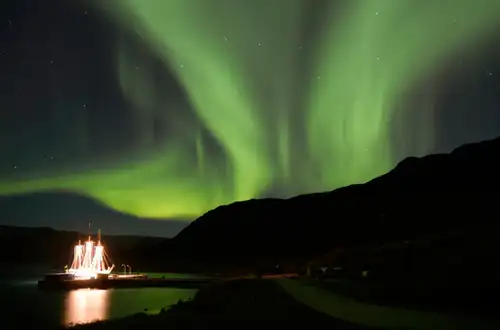
The Northern Lights dancing across the skies
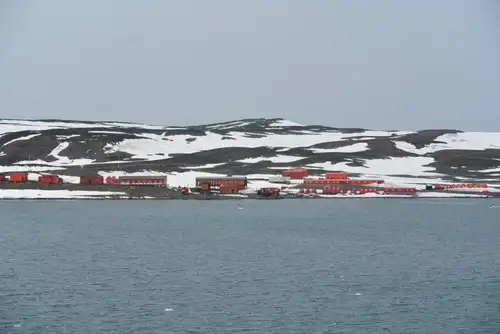
Living the Antarctic Dream
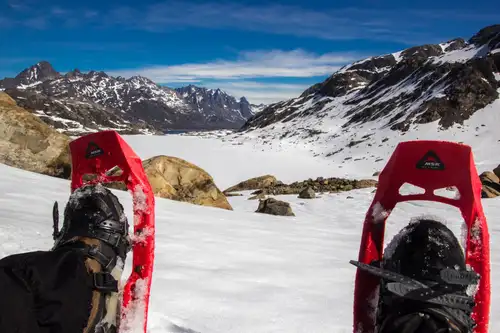
Five Reasons Why Snowshoeing is a Perfect Polar Activity
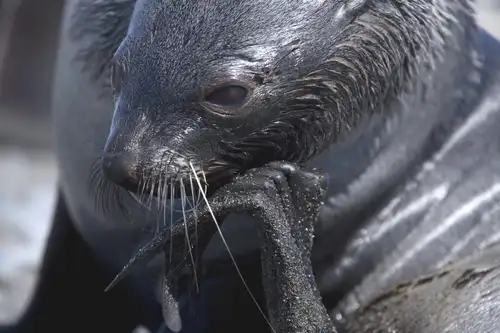
Coming Back from the Brink: The Fur Seals of Antarctica
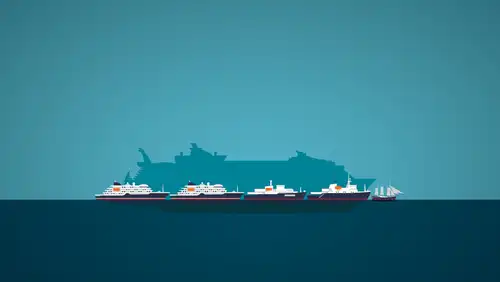
The Impact of Small vs. Large Cruise Ships
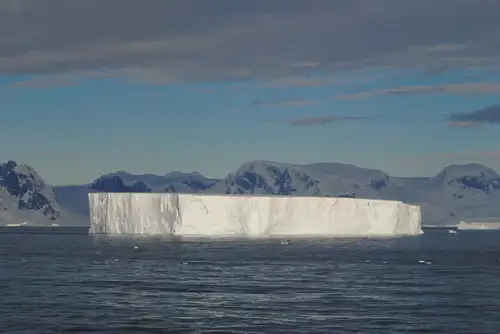



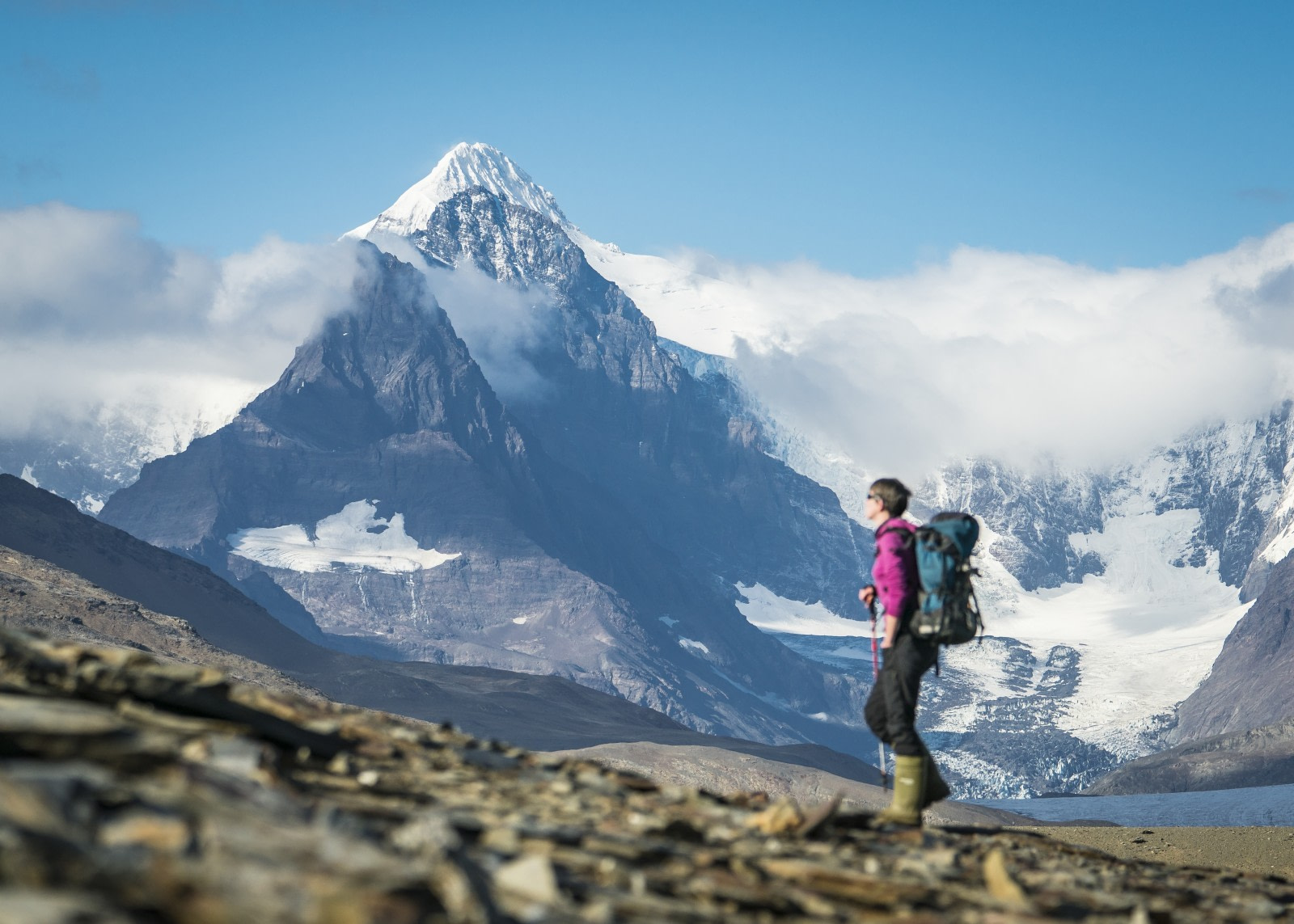
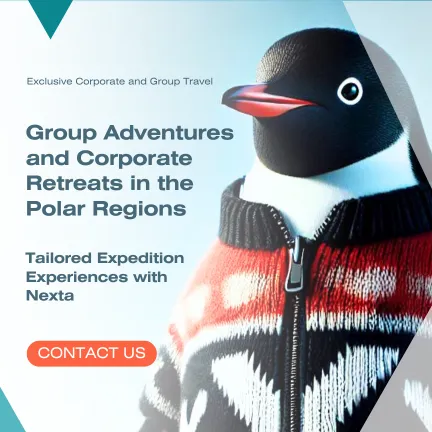
 19 Days / 18 Nights
19 Days / 18 Nights
